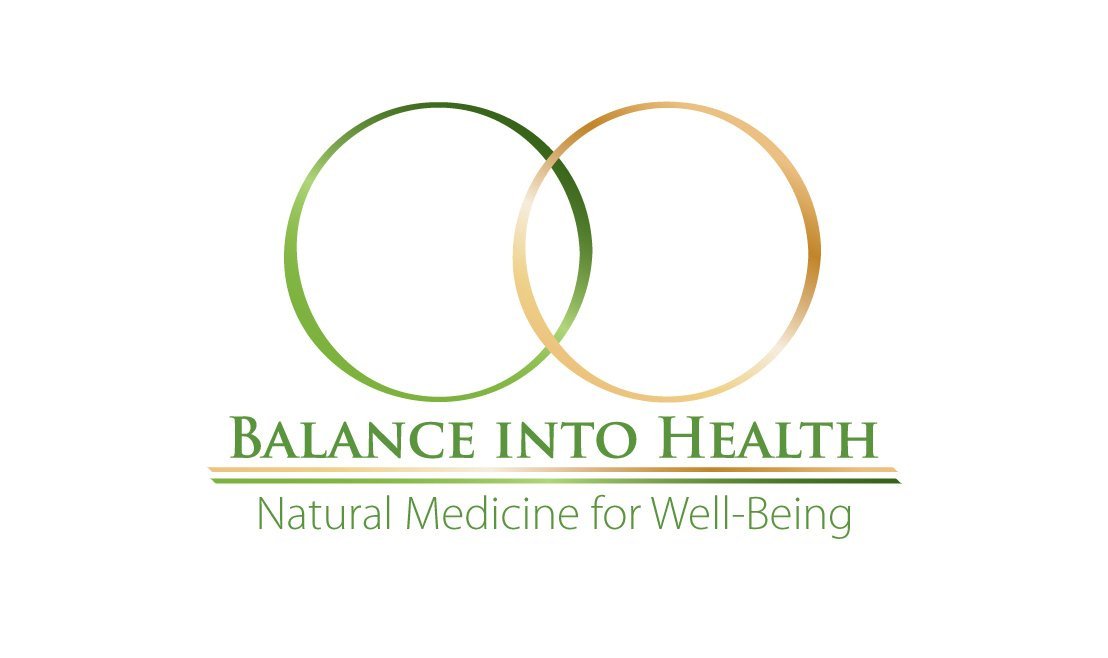Understanding Toxic Metal Buildup: A Path to Wellness
In today's world, exposure to toxic metals such as lead, mercury, arsenic, and cadmium is more common than we might think. These metals are found in our environment—contaminated water, certain foods, industrial pollutants, and even dental materials—and can gradually accumulate in the body. While small amounts may not cause immediate harm, over time, these metals can disrupt vital bodily functions, leading to a range of health problems. Recognizing the dangers of toxic metal buildup and taking steps to detoxify is essential for maintaining overall health.
What Are Toxic Metals?
Heavy metals are naturally occurring elements with high atomic weights. Some, like zinc and iron, are essential for bodily functions in small amounts. However, others—like lead, mercury, arsenic, and cadmium—are toxic even in minute quantities. These metals can accumulate in organs such as the liver, kidneys, and brain, impairing their functions and leading to conditions like chronic fatigue, digestive issues, hormonal imbalances, and immune system dysfunction.
Sources of Toxic Metals
Toxic metals can enter the body through various pathways:
• Industrial pollutants: Metals like cadmium and lead are byproducts of industrial processes.
• Contaminated water: Old plumbing or polluted water sources can contain lead or arsenic.
• Food: Fish like tuna and swordfish may contain high levels of mercury, while certain rice crops grown in contaminated soil can absorb arsenic.
• Dental materials: Mercury in dental amalgams has long been a source of exposure, particularly as fillings degrade over time.
Health Risks of Heavy Metal Accumulation
Prolonged exposure to heavy metals is linked to a wide range of health issues. Lead is particularly harmful to children's cognitive development and can cause neurological problems in adults. Mercury affects the nervous system and kidneys, while arsenic is associated with an increased risk of cancer, cardiovascular disease, and skin lesions. Heavy metals can mimic essential minerals, disrupting enzyme function and cellular processes, leading to widespread imbalances in the body. This may result in symptoms such as brain fog, fatigue, digestive issues, and emotional disturbances like anxiety and depression.
Testing for Toxic Metals
If you suspect that toxic metal buildup might be affecting your health, testing is an important first step. Urine, hair, and blood tests can measure the levels of these metals in your body. Hair analysis is commonly used for its convenience and affordability, allowing you to complete the test at home through your healthcare practitioner. Identifying which metals are present can help guide an appropriate detoxification plan.
Detoxification: Supporting the Body's Healing Process
Reducing toxic metal buildup involves a multifaceted approach that includes professional interventions, dietary changes, and lifestyle adjustments.
1. Chelation Therapy: This medical treatment uses agents that bind to metals like mercury and lead, allowing them to be excreted from the body. Because chelation can deplete essential minerals, it's crucial to undergo this therapy under professional supervision.
2. Natural Detox Support: The body has its own detoxification systems, which can be enhanced with the right support. Antioxidants like vitamins C and E can help neutralize free radicals produced by metal exposure. Consuming sulfur-rich foods, such as garlic and onions, supports liver function, which plays a key role in detoxifying harmful substances.
3. Lifestyle Measures: Hydration, regular physical activity, and sweating (through methods like sauna use) promote the excretion of metals. Avoiding high-mercury fish and filtering your water are also vital steps.
4. Functional Medicine: A personalized approach to detoxification, functional medicine looks at your specific health needs, offering tailored dietary recommendations, supplements, and testing to track progress. This comprehensive plan can significantly enhance detoxification and overall wellness.
Prevention: A Holistic Strategy
Preventing metal accumulation starts with minimizing exposure. Opt for organic foods, filter your drinking water, and avoid products with known metal contaminants. Stress management is also crucial, as chronic stress can impair detoxification pathways. Practices like meditation, yoga, or even deep breathing exercises can reduce toxin accumulation by enhancing your body's natural resilience. Keeping a clean living environment and choosing non-toxic cookware and household items are additional preventive steps.
A Holistic Approach to Long-Term Health
Toxic metal buildup can be a silent yet significant barrier to health, slowing the healing process and leading to chronic illness. By understanding the sources of exposure, recognizing symptoms, and taking steps toward detoxification, you can support your body's ability to restore balance and vitality. A holistic approach that includes dietary changes, lifestyle modifications, and professional guidance can help reduce your toxic load and protect your health for years to come.
Taking a proactive role in detoxifying from toxic metals can unlock your body's natural potential for healing and optimal well-being.
